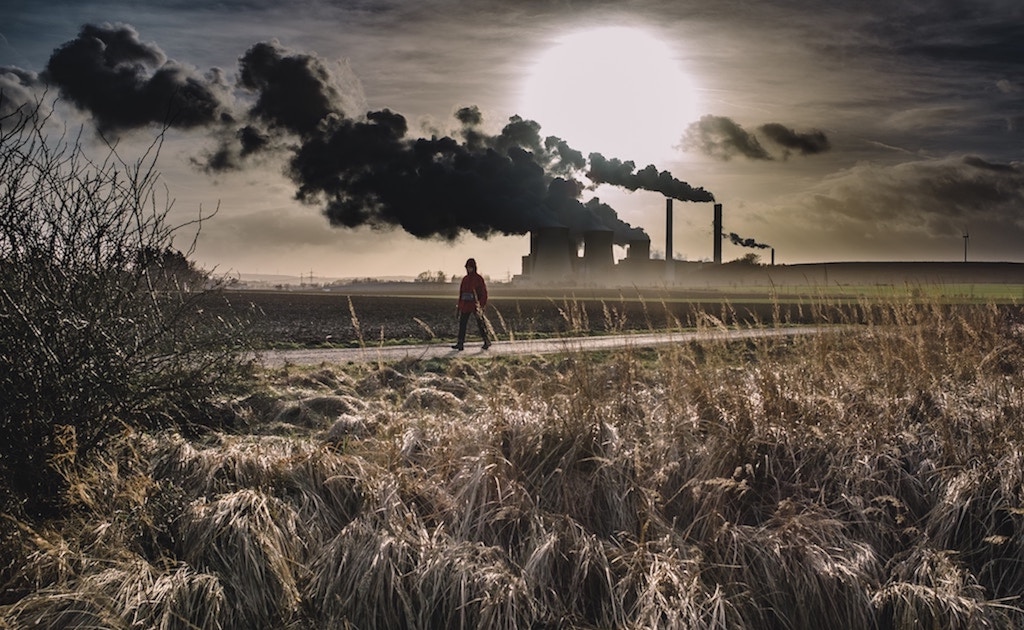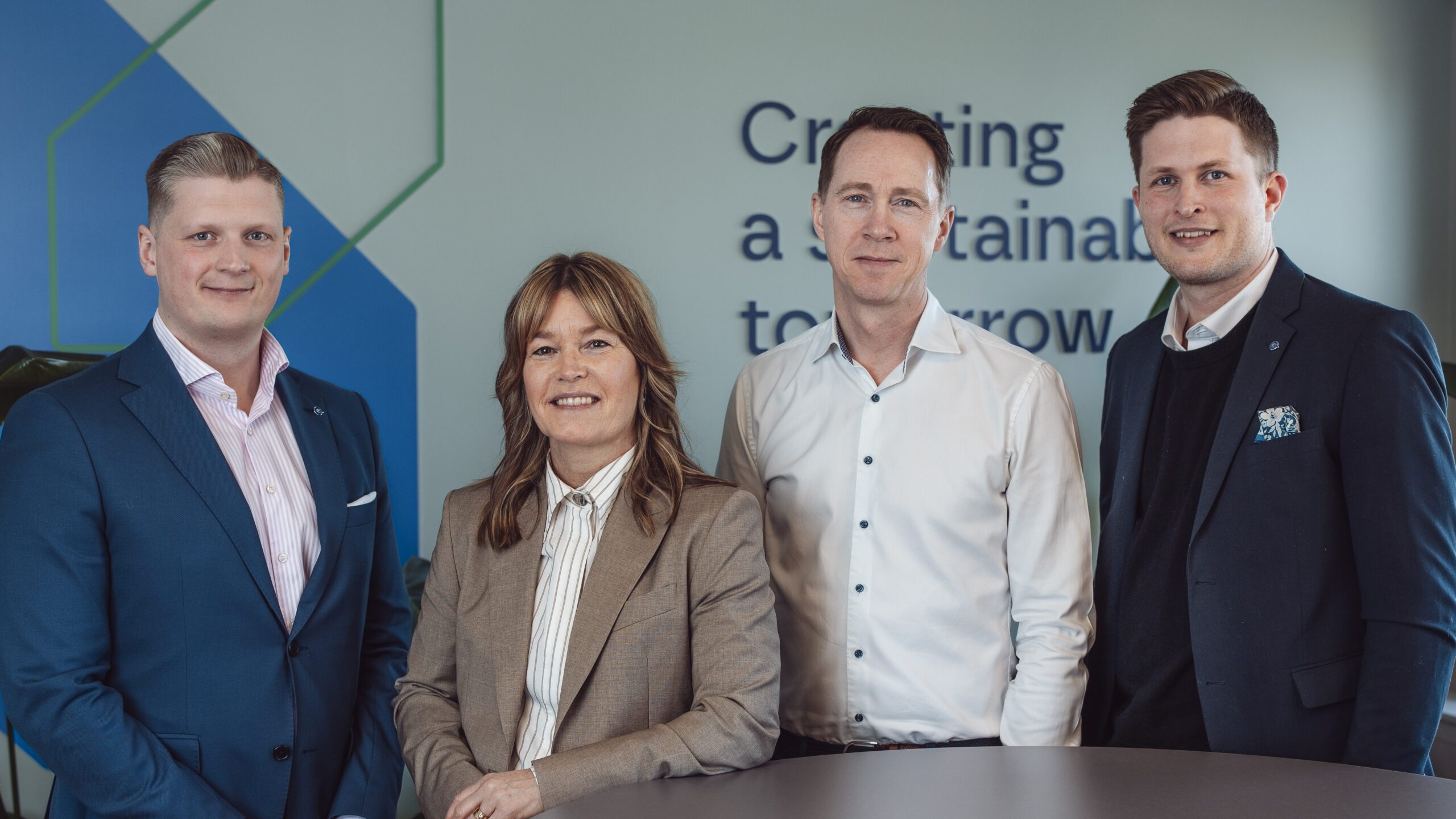To manage the critical situation of pollution in China, the Chinese government is carrying out inspections of environmental protection efforts across the country. Since June 2017, tens of thousands of factories have been forced to shut down because they were not compliant with the new regulations. Companies who are importing from China need to be proactive to minimize disruptions in their supply chain as a result of the situation.
Actions against the pollution in China are forcing factories to shut down
The severe air, water and soil pollution in China are extremely costly in terms of money and public health. As a way to address the problems, the Ministry of Environmental Protection (MEP) has launched environmental audits of Chinese factories. The aim is to ensure that the factories are compliant with environmental laws. MEP has been investigating different provincial areas since April 2017. During the latest round of inspections, tens of thousands of Chinese factories have been forced to shut down because they did not comply. Unauthorized locations, a lack of proper certificates and failing to meet emissions standards were a few of the reasons. And it looks like more factories will follow.
Inspections are made in a wide range of regions and industries
The audits and closing of factories are happening all across China’s main manufacturing areas, concentrated in the provinces of Jilin, Shandong, and Zhejiang, and the cities of Chengdu and Chongqing. Factories in Guangzhou are up next for review, starting in October 2017 and possibly continuing into 2018. Affected industries are mainly working with metal, chemicals, plastic, printing, textiles and rubber, among others. Consequently, the situation is causing severe delays in production for a lot of different companies importing from China and in many cases there is no clear timeline for resolution.
Be proactive – communicate with suppliers and create a contingency plan
An issue for companies importing from China is that even though their manufacturers are compliant with the new environmental regulations, the component suppliers of the factories may not be. This makes it difficult to predict whether or not your supplier will be affected.
We, at Greencarrier Freight Services, are encouraging a proactive approach to minimize disruptions in your supply chain. If you are meeting with a new supplier, ask them questions regarding, for example, their inspection history, the results of previous inspections and what licenses and certificates they have.
If you have suppliers in Guangzhou, that is up next for review, it is time to check in with them and monitor the process carefully. If they are worried about the upcoming inspections it is good to prepare by creating a contingency plan with alternatives, including the logistics. Customers who are importing from China to Europe can, for example, consider our rail freight solution for a faster delivery.
I hope that this blog article has helped clarify the situation and possible next steps for you to minimize disruptions in your supply chain!




